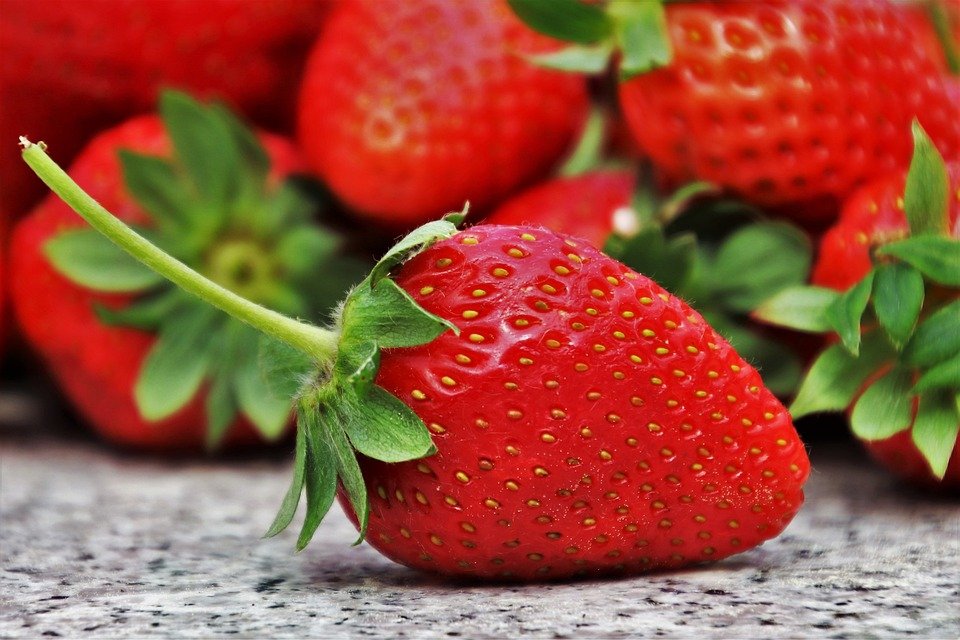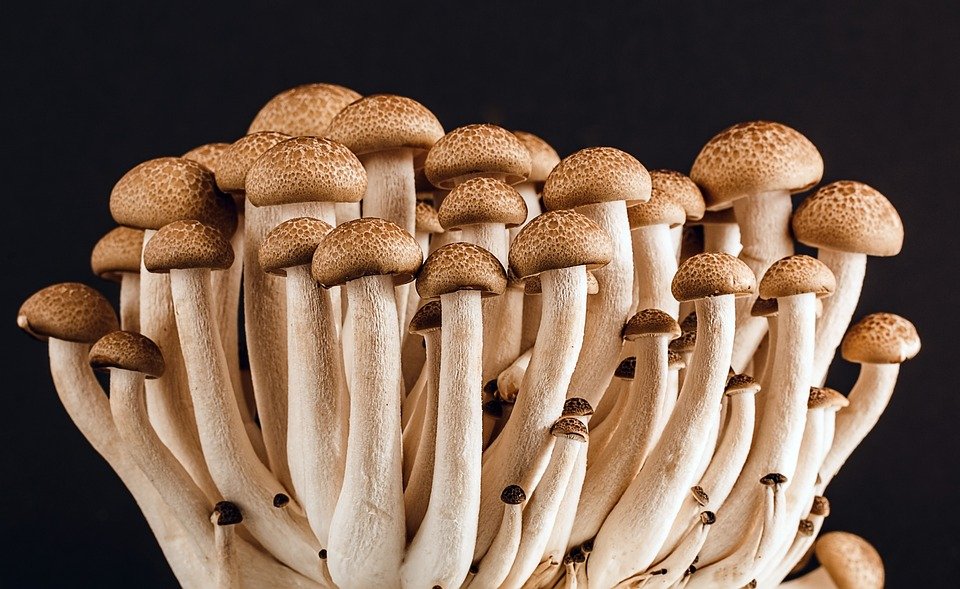Lose Weight Vegan Meal Plan
Lose Weight Vegan Meal Plan: A Healthy and Effective Approach
Introduction:
Embarking on a weight loss journey can be both daunting and overwhelming. With countless diets available, it’s crucial to choose one that not only promotes weight loss but also ensures overall health and well-being. One such approach gaining popularity is the vegan meal plan, which eliminates all animal products from your diet. In this article, we will discuss the benefits of a lose weight vegan meal plan, provide a detailed guide on how to create one, and explore some delicious meal options.
1. Understanding the Vegan Diet:
The vegan diet is a plant-based eating pattern that excludes all animal products, including meat, dairy, eggs, and even honey. By following a vegan meal plan, individuals can enjoy a wide variety of fruits, vegetables, legumes, whole grains, nuts, and seeds. This diet is not only a compassionate choice for animals but also offers numerous health benefits.
2. The Benefits of a Vegan Meal Plan for Weight Loss:
Switching to a vegan meal plan can significantly aid in weight loss. Plant-based foods are typically lower in calories and saturated fats compared to animal-based products. Additionally, they are often rich in fiber, which promotes feelings of fullness and helps control appetite. Moreover, vegan diets are associated with lower body mass index (BMI), reduced risk of obesity, and improved metabolic health.
3. Establishing a Lose Weight Vegan Meal Plan:
Creating a lose weight vegan meal plan requires careful consideration of nutrient balance and portion control. Let’s explore some essential steps to get you started:
3.1 Setting Calorie Goals:
To lose weight, you need to consume fewer calories than your body burns. Calculate your daily calorie needs based on your age, sex, weight, and activity level. Aim for a deficit of 500-1000 calories per day to achieve a healthy weight loss of 1-2 pounds per week.
3.2 Building a Balanced Plate:
A well-rounded vegan meal should consist of three main components: carbohydrates, protein, and healthy fats. Fill half of your plate with non-starchy vegetables like leafy greens, broccoli, and peppers. Allocate a quarter of your plate to whole grains or starchy vegetables like quinoa or sweet potatoes. The remaining quarter should include plant-based proteins such as tofu, tempeh, beans, or lentils. Add a moderate amount of healthy fats like avocado, nuts, or seeds to complete your plate.
3.3 Meal Planning and Preparation:
Planning your meals in advance can help you stay on track and reduce the temptation to make unhealthy food choices. Set aside time each week to create a meal plan, make a grocery list, and prepare meals and snacks in advance. This will ensure that you have nutritious options readily available, preventing impulsive eating.
3.4 Portion Control:
While vegan foods can be healthy, it’s crucial to practice portion control to avoid overeating. Use measuring cups or a food scale to accurately portion out your meals. Be mindful of high-calorie vegan foods like nuts and oils, as they can contribute to weight gain if consumed excessively.
3.5 Hydration:
Staying hydrated is essential for weight loss and overall health. Opt for calorie-free beverages like water, herbal tea, or sparkling water. These can help curb hunger, boost metabolism, and prevent overeating.
4. Delicious Vegan Meal Options to Aid Weight Loss:
Following a lose weight vegan meal plan doesn’t mean sacrificing taste or variety. Here are some mouthwatering meal ideas that will keep you satisfied while promoting weight loss:
4.1 Breakfast:
Kickstart your day with a nutrient-dense vegan breakfast. Enjoy a bowl of oatmeal topped with fresh berries, chia seeds, and a sprinkle of almonds. Alternatively, whip up a tofu scramble with colorful veggies and a side of whole-grain toast.
4.2 Lunch:
For a filling lunch, prepare a vibrant salad with mixed greens, roasted vegetables, chickpeas, and a tangy vinaigrette. Another option is a hearty vegetable-based soup, like lentil or minestrone, paired with a side of whole-grain bread.
4.3 Snacks:
Satisfy your midday cravings with wholesome vegan snacks. Munch on carrot sticks with hummus, a handful of mixed nuts, or a delicious smoothie made with plant-based milk, frozen fruits, and a scoop of protein-rich peanut butter.
4.4 Dinner:
Experiment with flavors and textures for a satisfying dinner. Enjoy a stir-fry loaded with colorful veggies, tofu, and a light soy sauce. Alternatively, savor a mushroom and lentil bolognese sauce served over whole-grain pasta. Don’t forget to include a side of steamed greens or a fresh salad.
4.5 Dessert:
Indulge in a guilt-free vegan dessert to satisfy your sweet tooth. Bake a batch of vegan black bean brownies or savor a refreshing fruit salad drizzled with a touch of maple syrup and sprinkled with crushed walnuts.
Conclusion:
Adopting a lose weight vegan meal plan can be an effective and enjoyable way to shed those extra pounds. By focusing on nutrient-dense plant-based foods, portion control, and hydration, you can achieve your weight loss goals while enjoying a wide variety of delicious meals. Remember, it’s essential to consult a healthcare professional or registered dietitian before making any significant changes to your diet. So, embrace the vegan lifestyle, nourish your body, and embark on a journey towards a healthier you.
Top Questions Regarding Lose Weight Vegan Meal Plan
What is a vegan meal plan?
A vegan meal plan is a dietary plan that excludes all animal products, including meat, dairy, eggs, and honey. It focuses on consuming plant-based foods such as fruits, vegetables, whole grains, legumes, nuts, and seeds.
Important information:
1. A vegan meal plan is centered around plant-based foods.
2. It excludes all animal products.
3. It promotes a compassionate and environmentally friendly lifestyle.
Can a vegan meal plan help with weight loss?
Yes, a vegan meal plan can be an effective tool for weight loss. Plant-based foods tend to be lower in calories and higher in fiber, which can help you feel fuller for longer and reduce overall calorie intake. Additionally, a vegan diet can lead to improved metabolic function and increased fat burning.
Important information:
1. A vegan meal plan can aid in weight loss due to its lower calorie content.
2. It can help reduce overall calorie intake.
3. A vegan diet can improve metabolic function and increase fat burning.
What are the key components of a vegan meal plan for weight loss?
A vegan meal plan for weight loss should include a variety of nutrient-dense foods, such as fruits, vegetables, whole grains, legumes, nuts, and seeds. It is important to ensure an adequate intake of protein, vitamins, and minerals. Portion control and mindful eating are also crucial for achieving weight loss goals.
Important information:
1. A vegan meal plan for weight loss should include nutrient-dense foods.
2. Adequate protein, vitamins, and minerals should be incorporated.
3. Portion control and mindful eating are essential for successful weight loss.
Are there any potential challenges with a vegan meal plan for weight loss?
While a vegan meal plan can be beneficial for weight loss, there are some challenges that individuals may face. It is important to ensure a balanced and varied diet to avoid nutrient deficiencies, particularly in vitamin B12, iron, calcium, and omega-3 fatty acids. Planning meals and finding suitable vegan options when dining out can also be challenging.
Important information:
1. Nutrient deficiencies can occur if a vegan meal plan is not properly balanced.
2. Particular attention should be given to vitamin B12, iron, calcium, and omega-3 fatty acids.
3. Meal planning and finding vegan options when eating out can be challenging.
How can I create a vegan meal plan for weight loss?
Creating a vegan meal plan for weight loss involves selecting a variety of plant-based foods that are low in calories but high in nutrients. Incorporating plenty of fruits, vegetables, whole grains, legumes, nuts, and seeds is important. It is also beneficial to include sources of plant-based proteins, such as tofu, tempeh, lentils, and quinoa. Portion control and mindful eating should be practiced, and it may be helpful to seek guidance from a registered dietitian or nutritionist.
Important information:
1. Select low-calorie, nutrient-dense plant-based foods for a vegan meal plan.
2. Include a variety of fruits, vegetables, whole grains, legumes, nuts, and seeds.
3. Seek guidance from a registered dietitian or nutritionist for personalized advice.
1. Vegan meal plans are restrictive and lack variety
One common misconception about a vegan meal plan for weight loss is that it is restrictive and lacks variety. Some people believe that by eliminating animal products, the options for meals become limited, leading to boredom and dissatisfaction. However, this is far from the truth. Vegan meal plans can be incredibly diverse and offer a wide range of options from fruits, vegetables, whole grains, legumes, nuts, and seeds. With creative cooking techniques and a variety of spices and herbs, vegan meals can be flavorful, delicious, and exciting.
2. Vegan meal plans do not provide enough protein
Another misconception is that a vegan meal plan does not provide enough protein, which is often associated with weight loss and muscle building. While it is true that animal products are high in protein, there are numerous plant-based sources that can meet the body’s protein needs. Legumes like lentils, chickpeas, and beans, as well as tofu, tempeh, seitan, and quinoa, are all excellent sources of protein. By incorporating these foods in the right amounts, a vegan meal plan can provide all the necessary amino acids for optimal health and weight loss.
3. Vegan meal plans are expensive
Many people believe that following a vegan meal plan is expensive, as it requires purchasing specialty ingredients and organic produce. However, this is not necessarily true. While some vegan products can be pricier, such as plant-based meat substitutes or dairy alternatives, a well-rounded vegan meal plan can be affordable. Staples like fruits, vegetables, whole grains, and legumes are often more budget-friendly than animal products. Additionally, buying seasonal produce and planning meals in advance can help minimize costs and make a vegan meal plan accessible to everyone.
4. Vegan meal plans lack essential nutrients
There is a misconception that a vegan meal plan may lack essential nutrients, such as omega-3 fatty acids, iron, calcium, and vitamin B12. However, with proper planning and variety, it is entirely possible to meet all nutrient requirements on a vegan diet. Omega-3 fatty acids can be obtained from sources like flaxseeds, chia seeds, walnuts, and algae-based supplements. Iron can be found in abundance in legumes, dark leafy greens, and fortified grains. Calcium can be obtained from plant-based milk alternatives, tofu, and fortified orange juice, while vitamin B12 can be supplemented or obtained from fortified foods.
5. Vegan meal plans are not effective for weight loss
Some individuals believe that a vegan meal plan is not as effective for weight loss as other diets that restrict certain food groups. However, research has shown that a well-planned vegan diet can be just as effective for weight loss as other dietary approaches. By focusing on whole, plant-based foods and controlling portion sizes, individuals can achieve weight loss while still meeting their nutritional needs. Additionally, vegan meal plans are often high in fiber, which promotes satiety and can help control cravings, leading to successful weight management.
Lose Weight Vegan Meal Plan
#Lose #Weight #Vegan #Meal #Plan


